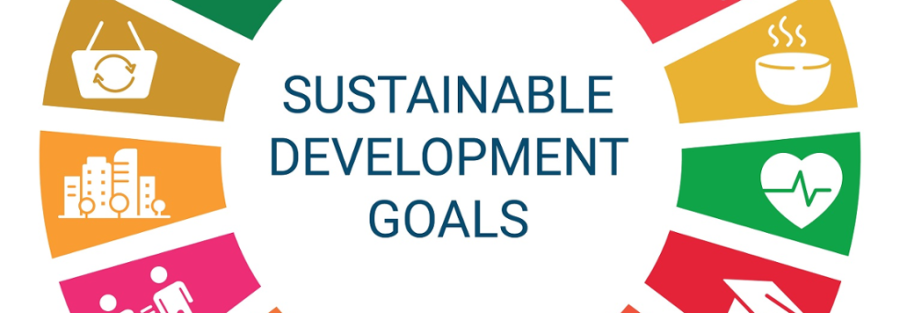ISO (International Organization for Standardization) standards contribute significantly to the United Nations Sustainable Development Goals (SDGs) by providing a framework for organizations to address social, economic, and environmental challenges.
ISO standards support the achievement of several SDGs in various ways:
No Poverty (SDG 1): ISO standards, such as ISO 14001 for environmental management and ISO 9001 for quality management, can help organizations improve their efficiency and competitiveness, potentially leading to economic growth and job creation, thus contributing to poverty reduction.
Zero Hunger (SDG 2): ISO standards related to food safety, such as ISO 22000, help ensure the safety and quality of food products. This contributes to reducing foodborne illnesses and improving access to safe and nutritious food.
Good Health and Well-being (SDG 3): ISO standards related to medical devices, healthcare, and laboratory services help enhance the quality of healthcare and promote public health. ISO 13485 and ISO 15189 are examples of such standards.
Quality Education (SDG 4): ISO 21001 (Educational Organizations Management Systems) supports educational institutions in providing high-quality education by setting standards for management and learner-centric processes.
Gender Equality (SDG 5): ISO standards can promote gender equality in the workplace by providing guidance on equal opportunities and fair treatment. ISO 45001 (Occupational Health and Safety) and ISO 26000 (Social Responsibility) are examples.
Clean Water and Sanitation (SDG 6): ISO standards address water quality, sanitation, and wastewater management. ISO 14046 (Water Footprint) and ISO 24518 (Water Efficiency Management) contribute to responsible water use.
Affordable and Clean Energy (SDG 7): ISO standards, such as ISO 50001 (Energy Management), help organizations improve energy efficiency, reduce energy consumption, and transition to cleaner energy sources.
Decent Work and Economic Growth (SDG 8): ISO standards related to quality management (e.g., ISO 9001) and occupational health and safety (e.g., ISO 45001) can improve workplace conditions and contribute to sustainable economic growth.
Industry, Innovation, and Infrastructure (SDG 9): ISO standards provide a foundation for innovation, technology transfer, and the development of sustainable infrastructure. Standards like ISO 9001 and ISO 27001 support innovation and secure information management.
Reduced Inequality (SDG 10): ISO standards on social responsibility (e.g., ISO 26000) and diversity and inclusion can help organizations promote fairness, inclusivity, and social equity.
Sustainable Cities and Communities (SDG 11): ISO standards contribute to urban sustainability by addressing aspects like environmental management, energy efficiency, and sustainable construction. Examples include ISO 14001 and ISO 37101.
Responsible Consumption and Production (SDG 12): ISO standards on environmental management (e.g., ISO 14001) and sustainable supply chain practices (e.g., ISO 20400) support responsible consumption and production patterns.
Climate Action (SDG 13): ISO standards play a crucial role in addressing climate change by providing guidance on greenhouse gas management (e.g., ISO 14064), energy efficiency (e.g., ISO 50001), and environmental performance.
Life Below Water (SDG 14): ISO standards related to marine and environmental management (e.g., ISO 14001) contribute to protecting and preserving marine ecosystems.
Life on Land (SDG 15): ISO standards, such as ISO 14055, support organizations in managing and rehabilitating degraded land and ecosystems, promoting sustainable land use.
Peace, Justice, and Strong Institutions (SDG 16): ISO standards on anti-bribery management (e.g., ISO 37001) and legal compliance help organizations foster ethical behavior and contribute to good governance.
Partnerships for the Goals (SDG 17): ISO standards promote collaboration by providing a common language and framework for organizations, governments, and stakeholders to work together towards sustainable development.
ISO standards are tools that enable organizations to operate responsibly, reduce environmental impact, enhance social equity, and promote economic growth—all of which are essential components of the United Nations Sustainable Development Goals. These standards support the global effort to create a more sustainable and equitable world.

